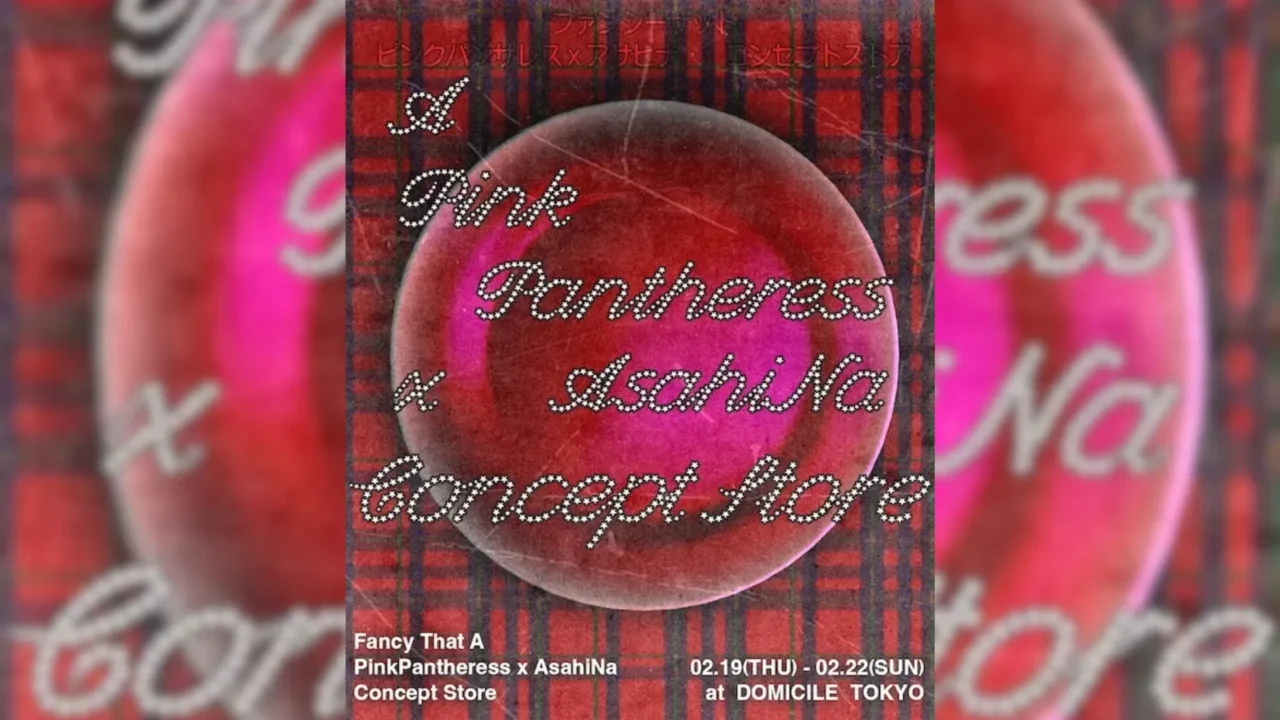INDEX
If I can do something new, “I just want to try it out first.
So far, we’ve talked mainly about music, but did you have any hobbies outside of music?
Ezaki: Yes, I did. I always wanted to be a robot engineer. When I was in the upper grades of elementary school, I did programming and joined the “Invention Club,” a club activity at the Fukuoka City Science and Culture Center for Boys and Girls (laughs). I also participated in “RoboCup Junior,” in which we assembled soccer robots and programmed them to play soccer with other robots.
I see.
Ezaki: In my elementary school graduation book, I set a specific goal: “When I graduate from engineering school and turn 30, I will build an autonomous biped robot that can do a double jump. I guess I was on the right track (laughs).

(laughs). So you didn’t think of becoming a musician at that time.
Ezaki: I didn’t think about becoming a musician at all. Until the middle of my sophomore year in high school, all I was thinking about was going to engineering school. Because I’ve been doing science-related things since I was a child, I think I might see music as a format for expressing my emotional side.
─ It’s true you are very sensitive to new technology in your musical activities.
Ezaki: The 3DCG live performance was partly due to the fact that the bass player, Mikio Inoue, works for a game company, but the Dolby Atmos mix was realized after I made a strong appeal to the members. Even now, I spend more time watching tech news than listening to music, so if something new is possible, I’m always eager to try it out first.
Identity Shaken by the Coming of the “Post-AI Era”
What is it that you are most interested in now?
Ezaki: “How on earth should we live in the future?” I guess that’s what I’m most interested in. The current atmosphere is like the eve of the Industrial Revolution. Various things on the earth are unstable, and there are hidden moments when things that have been repeated as a matter of course will no longer be valid, and I think that sooner or later a tremendous paradigm shift will occur. How will people react to this? This is what I am most interested in right now.
For example, in terms of one job function, I am aware that I am a “music maker,” and I am also aware that I like to do it. Oddly enough, I will continue to make music even if no one asks me to do so, and I feel that it is meaningful that I am working with my hands, but not everyone lives that way, so I wonder how people will live when the age of automation arrives in the future.

I wonder how people who have been working by “responding” to what is demanded of them will live when they are no longer required to do so.
Ezaki: That’s right. If machines can produce overwhelmingly high-quality work in a short time, what will people find to be worth living for? In music, too, there may come a time when machines will surpass human quality. However, I find meaning in the fact that I am working with my hands and making music even though no one is asking me to, so I can dismiss that as irrelevant and say, “What I am doing is meaningful. However, there may be people who don’t feel that way, and there are definitely areas where we can’t say that.
When society undergoes a major shift like this, I think everyone is looking for a place to stand on. Our identities will be shaken considerably. When that happens, what will those of us living in Japan turn to? I wonder what we in Japan will turn back to when that happens. For example, the Meiji Restoration was undeniably a turning point for Japan, and at that time, books such as “Bushido” (by Inazo Nitobe) were published and the tea ceremony was revisited. The same is true of Tanizaki Junichiro’s “In Praise of Shadows.
Before the world became what it is today, it was originally like this, right? “Before the world became what it is today, this is how it used to be,” and “This is how it has been handed down from generation to generation. These things are being sorted out in these times of fluctuation. If this is the case, then I am wondering if someone, somewhere, is sorting these things out at this very moment, and if so, what kind of things are being sorted out.
If so, I’m very curious about what that might be.
Ezaki: There are two themes behind this solo album. First, it is about myself. I was a little shaken by that. Then there is the “post-AI era” that I just mentioned. I was wondering if there might be some resemblance to the “vacillation” during the Meiji Restoration period. When I came across the book “In Praise of Shadows” at that time, I felt the urge to say to myself in my work, “I must have originally had this kind of sensibility. I wanted to go back to my own origins, and to make music that is meant to be listened to alone, not together in a large space. I set these two as the theme of the album.
Click here for the second part of the interview.
We ask him more about his first solo album, “The Beginning of the Night”.

























